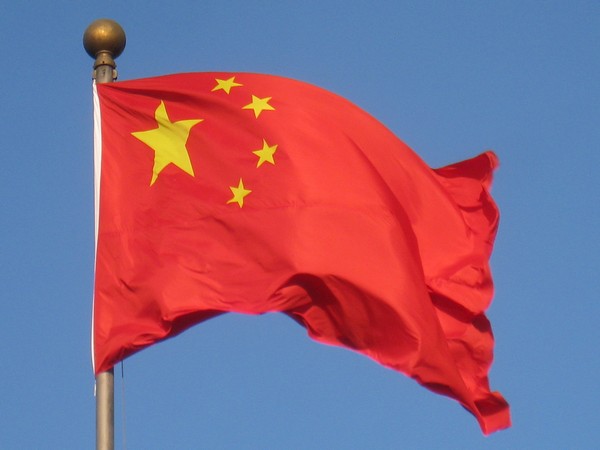Unconcerned by international consensus, China continues to engage with bad actors, says expert
Unmoved by the international consensus on global issues with serious consequences, the foreign policy of the Chinese regime assumes that the established ruling power in a country is the legitimate ruling power.

- Country:
- China
Unmoved by the international consensus on global issues with serious consequences, the foreign policy of the Chinese regime assumes that the established ruling power in a country is the legitimate ruling power. Showing disregard for the global consensus, the Chinese Communist Party (CCP) engages with actors like Myanmar military junta and Taliban, keeping its economic agenda in mind.
Writing for The Epoch Times, China economic analyst Antonio Graceffo said Beijing tends to avoid foreign entanglements and is not interested in changing regimes and only in maintaining stability. "China's policy of non-interface also allows them to fund foreign terrorist organization, to protect Chinese interests, which it sees as a legitimate business expense." Citing the example of Myanmar and other countries where its Belt and Road projects are located, the expert said that China has numerous infrastructure investments projects in the country, nearing one-third of the country's GDP.
"In return, Burma pays 4.5 per cent interest to China. Although China has always traded with the junta, the CCP also funds various rebel armies, including the United Wa State Army and Arakan Army," he added. According to the writer, the Chinese regime's policies prevent Beijing from intervening during genocide, military coups, civil war or terrorism, which the CCP sees as the internal affairs of a sovereign nation. "These policies also allow the CCP to engage with terrorist organizations."
In his commentary for The Epoch Times, Graceffo argued that maintaining domestic stability and ensuring stability in regions where China is investing are among the regime's top priorities. In what could be seen as a hypocritical stand, Beijing engages with the Taliban to protect Chinese investments in South Asia -- at the same time -- it asks the world to deem the East Turkestan Islamic Movement (ETIM) as a "terrorist" group.
Earlier, the US had termed ETIM as terrorists. However, this designation was later revoked by the Trump administration. This move was condemned by China as the regime insisted that fighting ETIM should be part of international counter-terrorism efforts. According to Graceffo, the attraction of crisis zones is that Chinese investors can tap into completely undeveloped markets, free of competition that need infrastructure investment.
"Many war-torn countries are unable to obtain financing through international channels due to default risk. Rejected by traditional lenders, these countries turn to China, who then becomes both the lender of last resort and a "friend" in time of need. This type of debt-trap diplomacy has won China the allegiance of Cambodia, Pakistan, Burma, North Korea, and soon, Afghanistan, among other nations," he added. Experts believe that Beijing interprets the rules on non-intervention as also applying to terrorism. "When necessary, the CCP can even give financial support to these groups, justifying it as an investment, rather than aiding terrorism," Graceffo concludes. (ANI)
(This story has not been edited by Devdiscourse staff and is auto-generated from a syndicated feed.)
ALSO READ
Pakistan government hikes petrol price by PKR 9.66 per litre
Pakistan National Assembly session is set to convene today
Army opens fire after Pakistani drone spotted along LoC in J-K’s Rajouri
Pakistan: Islamabad court grants bail to Fawad Chaudhry in National Accountability Bureau case
Bodies of five Chinese personnel killed in terrorist attack in Pakistan flown on Pak military plane to Wuhan










